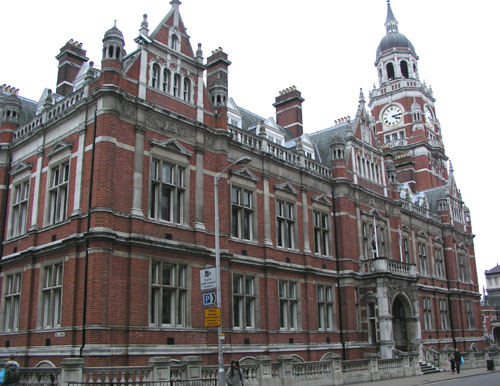In three articles from 2016 and 2017 Mike Swadling writes in the Croydon Citizen – ‘Is this how a council is meant to function?’, ‘Does democracy travel at 20mph?’ and about a local Special Needs School, St Giles.
Is this how a council is meant to function?
“Alison Butler, answered most of these questions. It is fair to say that the cabinet councillors’ answers did little to pacify the view of those that I was in the room with. This is understandable given the amazingly dismissive attitude that councillor Butler displayed”
“Two answers underlined the attitude. When asked about traffic problems, cabinet member for transport and environment councillor Stuart King didn’t know the difference between the A232 and A23”
“The whole meeting continued on this theme: we didn’t see councillors debating the issue of Croydon, instead we saw politicians point- scoring. Given the lack of local media coverage of these meetings they were mainly doing this for their own party members”
Does democracy travel at 20mph?
“The Merriam-Webster dictionary definition of democracy includes the definition of “the absence of hereditary or arbitrary class distinctions or privileges”. This leads to a question – why is Croydon Council looking to have a two-tier democracy in the borough?”
“The people had a chance to respond to the opinion surveys, and they responded in favour of the 20mph speed limits. Whatever your personal view on the speed limits, believers in democracy would therefore agree that they should be implemented”
“Why are council officers, people paid by us to serve us, recommending taking away our right to a democratic process?
Why does the Labour council not consider the people of Coulsdon, Kenley, New Addington, Shirley, Waddon and other areas worthy of having the same democratic rights as the people of Thornton Heath and Addiscombe?”
Full article: https://www.webarchive.org.uk/wayback/archive/20190509174356/https:/thecroydoncitizen.com/politics-society/democracy-20mph/
St Giles: a very special school indeed
“Croydon has six dedicated special schools and over a dozen Enhanced Learning Provision units inside mainstream schools. These schools meet a wide range of needs for pupils with profound, severe and moderate learning difficulties, autism, physical disabilities and speech and language difficulties. The six schools have between them over 700 pupils on the roll.”

